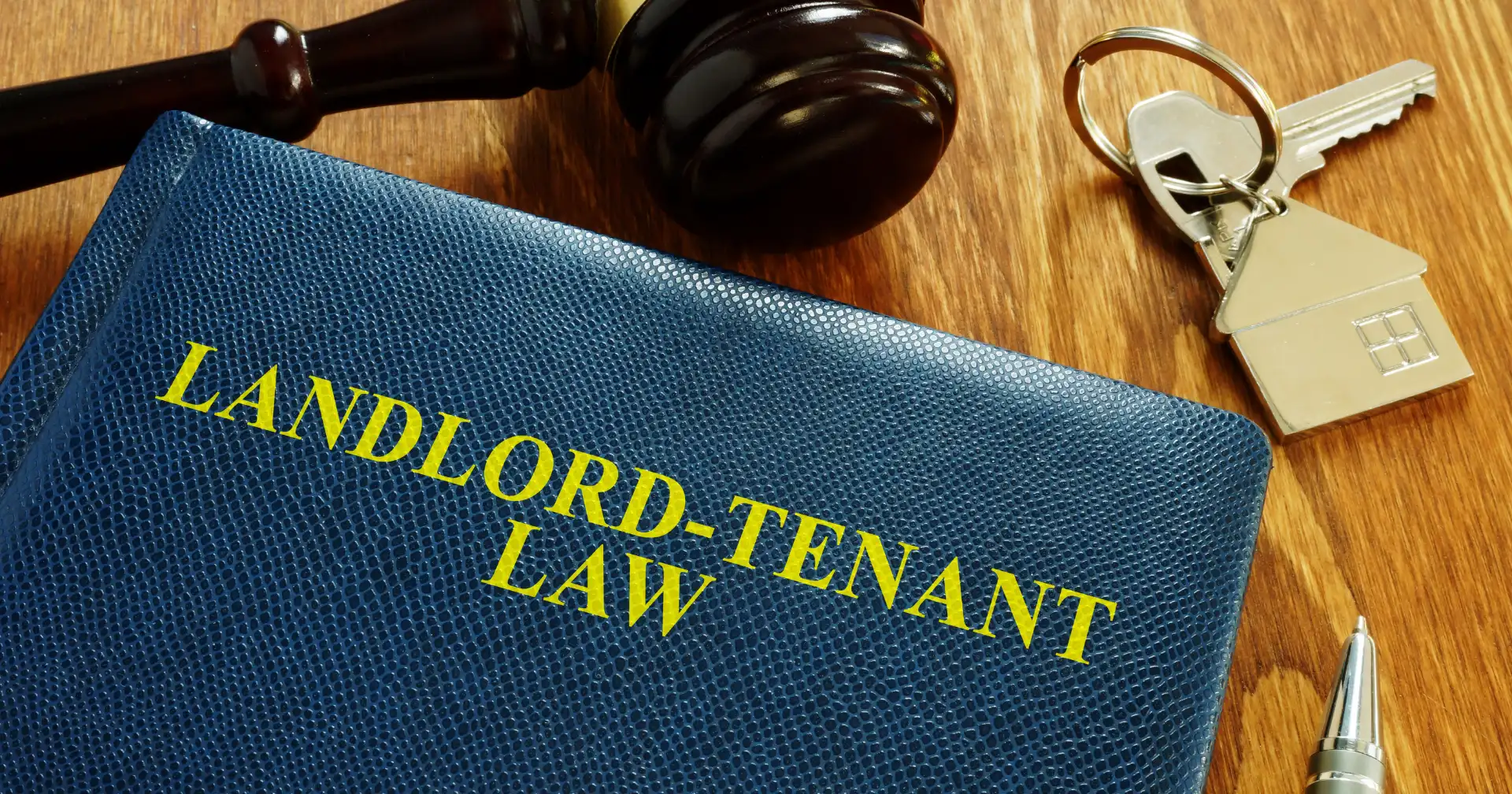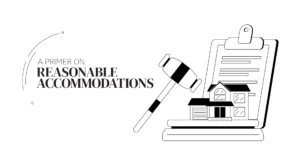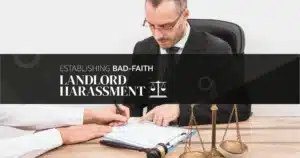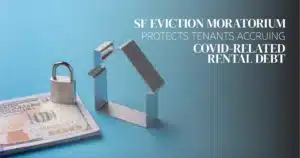I’ve lost count of how many tenants have called me in tears.
They pay rent on time. They follow the lease. And yet, their landlords make life hell.
One of my clients—let’s call her Ana—told me her landlord would pound on her door late at night. There was no notice or reason. There were only threats. He’d yell if she didn’t answer. He once cut her heat during a cold snap.
Another tenant, Mark, had a landlord who would enter without permission, bring contractors through the unit without warning, and say things like, “If you don’t like it, move.”
It isn’t rare. It’s weekly.
So most tenants ask:
- Can I sue my landlord for harassment?
- Can I get compensation for emotional distress?
- Do California’s tenant harassment laws protect me?
Here’s what I say—yes, and here’s how.
What Counts as Landlord Harassment?
Here’s what I’ve seen in successful claims:
- Entry without 24-hour notice (Civil Code §1954)
- Cutting off heat, water, or electricity
- Threatening eviction without cause
- Intimidation or verbal abuse
- Retaliating after code enforcement or legal complaints
- Refusing repairs to “punish” tenants
- Discrimination or sexual misconduct
These aren’t “bad landlord behavior.” They’re violations of California law.
What Tenants Can Do—Step by Step
I always tell my clients to document everything.
Texts, emails, photos, police reports.
Next: Report the harassment to your local rent board or housing department. Santa Monica, L.A., and San Francisco have active tenant protection units.
If that doesn’t work? Call me—or another tenant rights lawyer.
We can send a legal demand. We can file a civil suit.
If it rises to the level of discrimination or violence, we bring in state or federal agencies.
What Can You Get in a Lawsuit?
I’ve helped tenants recover:
- Rent refunds and fee reimbursements
- Civil penalties ($2,000+ per violation under local laws)
- Emotional distress damages ($10K–$100K+)
- Injunctive relief (forcing landlords to stop illegal behavior)
- Attorney’s fees
In some cases, courts will terminate the tenancy—with you walking away and the landlord paying damages. How? Here are a few real-world examples:
1. Justice, Santa Monica-Style, for Renters
Tenants Rarely Win Harassment Cases
You’ve probably heard this one:
- “Tenants never win.”
- “Landlords lawyer up.”
- “Courts side with property owners.”
And honestly? That’s how it used to feel.
But recent California rulings are flipping the script.
Courts Are Holding Landlords Accountable
Let’s jump to Santa Monica, where tenants face nonstop harassment and daily stress.
Here, the landlord is Nahid Jahanbin. And the victims are a family of four, two little kids included.
Jahanbin, with help from her son, ran a full-pressure campaign:
- They shut off utilities.
- They filmed the tenants.
- They walked into the unit without permission.
- They yanked parking spaces and killed the laundry.
- They even filed four bogus eviction cases.
All to push the family out of their rent-controlled home.
But guess what? The tenants fought back—and won. Legal Aid crushed the fake eviction attempts. Then, the family sued.
Jahanbin and her son folded. They agreed to pay $450,000. Yes, you read that right.
They also lost property control in Santa Monica. They must hire third-party managers and attend landlord-tenant training. And if they slip up, that’s $10K per violation.
Let’s put that in bold: Ten thousand dollars for every future screw-up.
What This Means for You
California’s done playing. Fake evictions? Intimidation? Illegal entries? Courts now slam the hammer hard.
So the next time someone says, “Tenants can’t win,” tell them about Santa Monica.
One family stood firm. They didn’t fold. They walked away with protection, policy changes, and a six-figure check.
You’re not powerless. And you’re not stuck.
2. The Attic, the Insult, and the Lawsuit
Meet Cory Dostie, a nonbinary tenant in Oakland. Their landlord, Andrew Marowitz, didn’t just misgender them—he mocked their identity, ignored post-surgery requests, and shoved them into a leaky attic. Then came the cherry on top: he tried to evict them.
This Wasn’t Just Rude—It Was Illegal
California’s Fair Housing laws are crystal clear: gender identity is protected. Marowitz didn’t just cross a line—he bulldozed it. He called Cory “she” and “her” again and again despite knowing better. Courts call that harassment. The kind that sticks.
$60K Says “Don’t Do That Again”
Cory sued. And won. Big. The court awarded:
- $10,000 for civil rights violations.
- $30,000 for emotional distress.
- $20,000 in punitive damages.
And Marowitz had to pay Cory’s attorney fees. That attic? Now, it costs him thousands.
He Appealed. He Lost. Again.
Marowitz cried foul and claimed the judge was biased and the hearing was unfair. But both the appellate court and California Supreme Court said NO. They upheld the full ruling. Why? Because misgendering isn’t “free speech.” It’s discrimination.
Oakland Courts Don’t Blink Anymore
What does this mean for renters? It means even the quietest tenant in the smallest attic has rights—and backup. Landlords who target, intimidate, or harass based on identity? They’re not just wrong. They’re looking at five-figure verdicts and legal bills.
So next time someone tells you tenants don’t win?
Tell them about the attic in Oakland. And the tenant who took it to the top.
You’re Not Powerless
When Ana sued her landlord, she said she felt “scared to take action.”
When she won a $72,000 settlement, she told me she finally felt safe again.
If your landlord harasses you, this is not “just how it is.”
It’s not your fault. It’s not something you have to accept.
And yes—you can fight back.
Call a Tenant Rights Attorney—Before It Gets Worse
As a lawyer who’s represented hundreds of tenants across California, I’ve seen how quickly things escalate and how powerful a legal response can be.
You’re not only protecting yourself. You’re setting a precedent.
If your landlord has harassed, reach out.
We’ll review your case. We’ll explain your rights. And if the law’s been broken—we’ll hold your landlord accountable.





